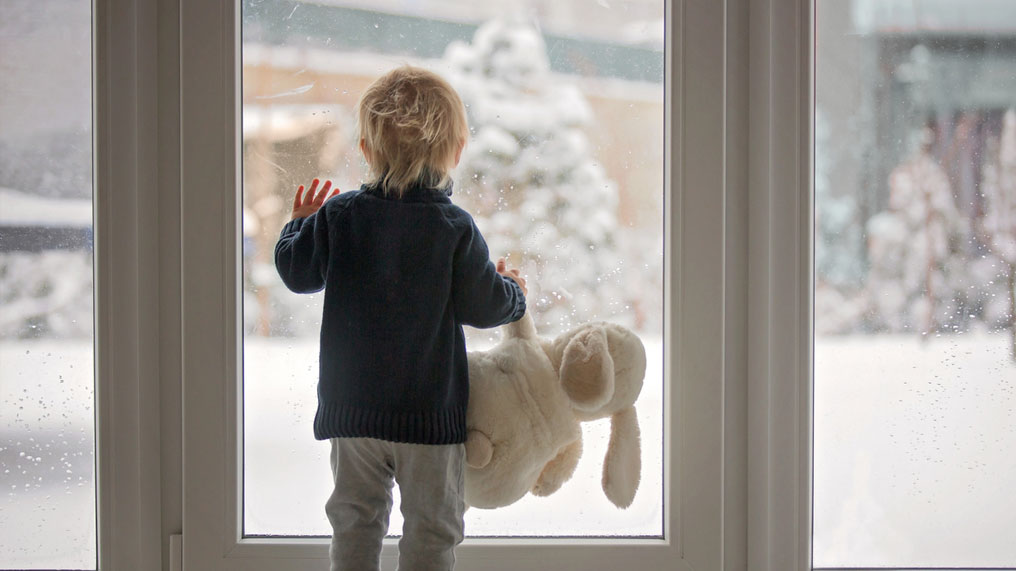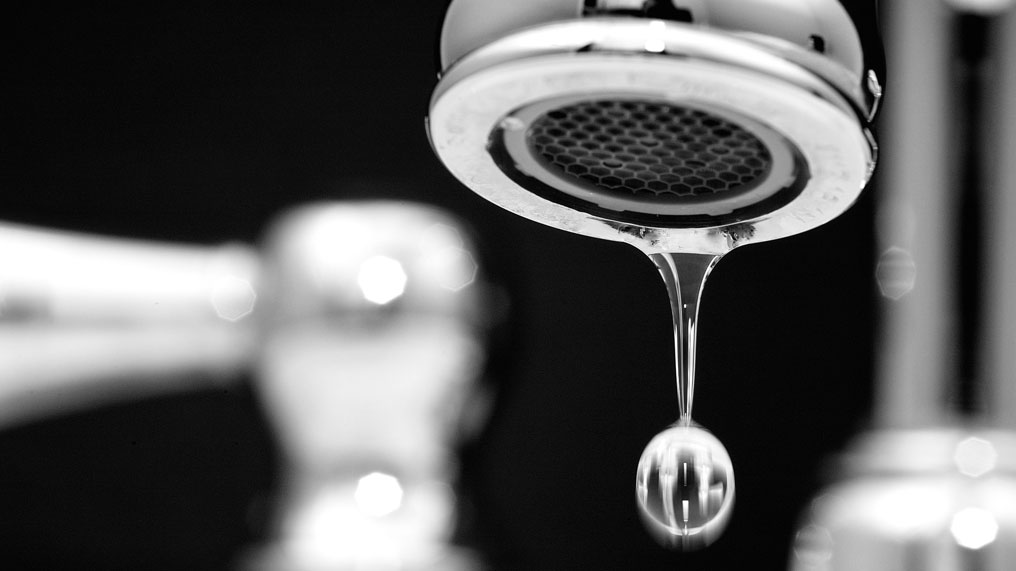Don't let drain repairs drain your bank account
It doesn't take long to notice blocked drains. Toilets that won’t flush properly will win your attention pretty quickly. Of course, you want the problem fixed right away, but don't rush to pay for expensive repairs unless you have to.
You're only responsible for your own drains, and there is help out there.
What's the law for drain repairs?
It used to be a legal requirement for homeowners to maintain shared 'private' sewers within their property — as well as some drains outside the property boundaries.
However, things have since changed, and now water and sewerage companies are now responsible for repairs outside of your boundaries. But don't expect them to shout it from the rooftops. They’re also responsible for any drains you share with your neighbour, so be aware.
What drains are you responsible for?
Your drains, and your drains only. No matter what anyone else tells you, you're only responsible for the drains used by your home, within your property boundary. Even if your drain meets a neighbour's, you're only accountable for your part of the drain.
How do you report a blocked drain?
If a blocked drain is causing problems, the first thing to do is determine who's responsible for repairing it.
If it's within your boundary (or you're unsure), you can contact your insurer for further guidance. But if the blockage is beyond your boundary, you'll need to contact your water company. If you’re unsure who this is, visit Water UK and enter your postcode.
And that's all there is to it. There's really no need to let your drains drive you insane.




